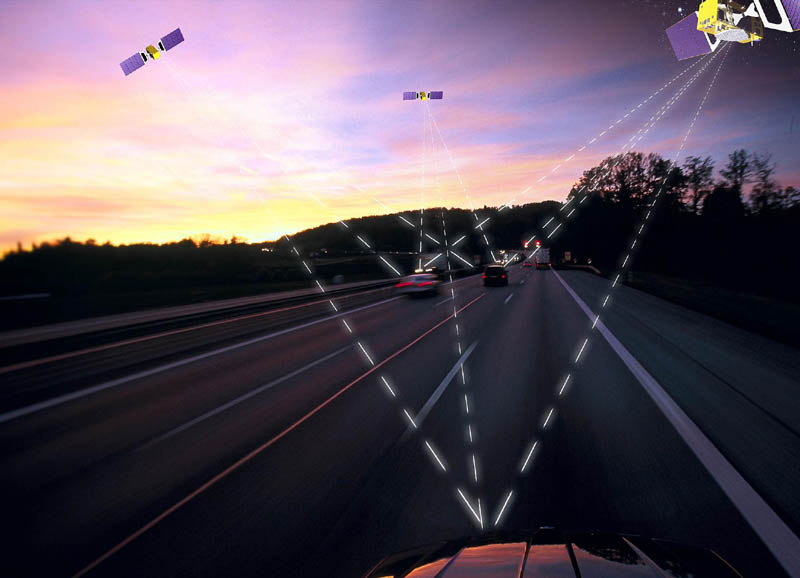Not so long ago, The Distilled Water Company was approached by the team behind the Galileo global navigation satellite system – Europe’s very own version of GPS (USA) and GlONASS (Russia), but dedicated only to civilian use. Our task was to provide the team with the purest water available, which we did with pleasure.
When we first reported on the project, only four (out of 30) satellites were operational. The first two had been launched in 2011, with the last two being launched in 2012. These units would be used to test Galileo end-to-end, which would be followed by additional satellites being launched and fully functional by 2019.
Following the adventures of Galileo’s Voyage
On the 21st of August 2014, the EU plans to launch yet another two satellites into space that will join their existing four Galileo in-orbit validation (IOV) counterparts. In total, four satellites are scheduled for launch this year alone, with another eight being scheduled for next year.
This shows the remarkable rate at which all parties, including the European Commission and European Space Agency, are operating to ensure that that civilians are able to navigate across Europe with ease. It has been reiterated many times that the satellite will always remain under civilian control, offering a myriad of benefits for improved safety on the roads.
Recently, the German Aerospace Centre (DLR) and the Finmeccanica/Thales’ company called Telespazio reconfirmed their commitment to cooperate with one another in order to see the European satellite program fully functional. Both parties have been instrumental in the preparation and implementation of the operations of Galileo since 2010.
What the future of Galileo looks like
After the two full-capability shuttles are launched on the 21st of August, they’ll be subjected to rigorous testing and positioning. Thereafter, and if all goes well, they will be declared fully operational. The director of the European Space Agency, Didier Faivre, recently told reporters that the main aim was to create a routine where “two satellites are produced every three months.” He went on to say that this would be in conjunction with launching two satellites every three months.
This highly advanced and technical operation will involve plenty of logistical planning and implementation, including the deployment of three industrial integration teams to:
- Bremen (where the satellites are produced)
- Netherlands (where testing is conducted)
- Kourou in French Guiana (where satellites are launched into orbit)
The Distilled Water Company will continue monitoring the events as they happen, and provide you with engaging content about the operations.
Unit B, 2 Endeavour Way London, LO, SW19 8UH United Kingdom
contact@thedistilledwatercompany.com • 0845 500 5440




